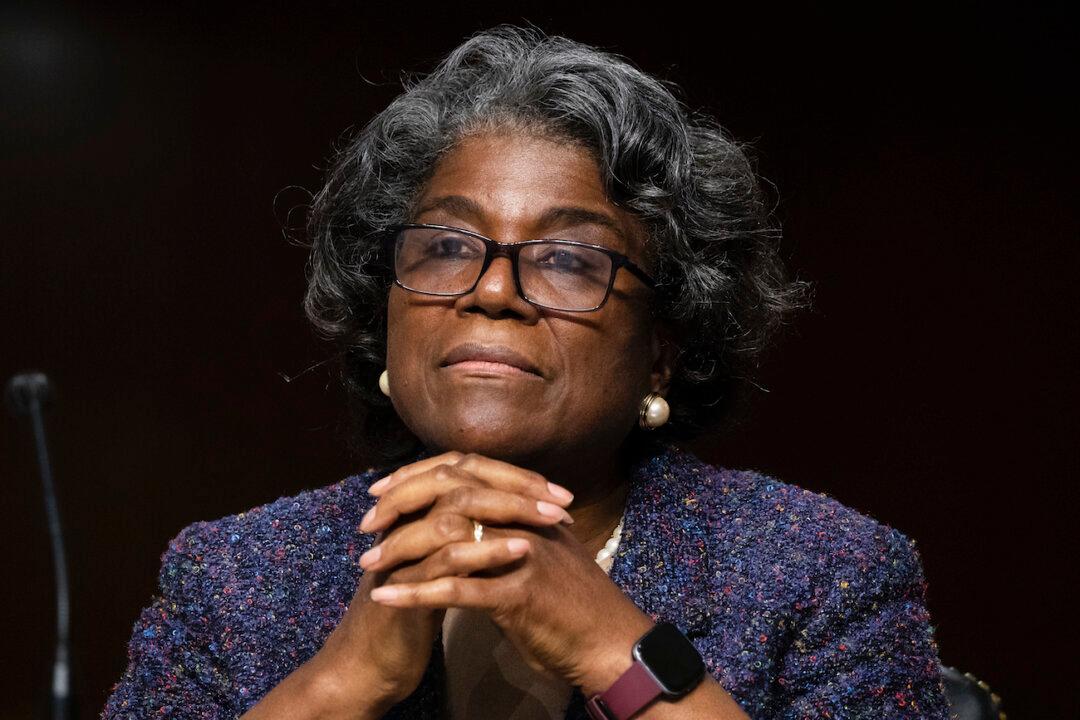The United States will give Haiti an additional $60 million in humanitarian aid and security assets to help quell gang violence in the crisis-hit nation, the U.S. envoy to the United Nations said on Monday.
The latest aid package, announced by Ambassador Linda Thomas-Greenfield during her visit to Haiti, brings the total U.S. humanitarian support for the Caribbean country to $165 million this year.





